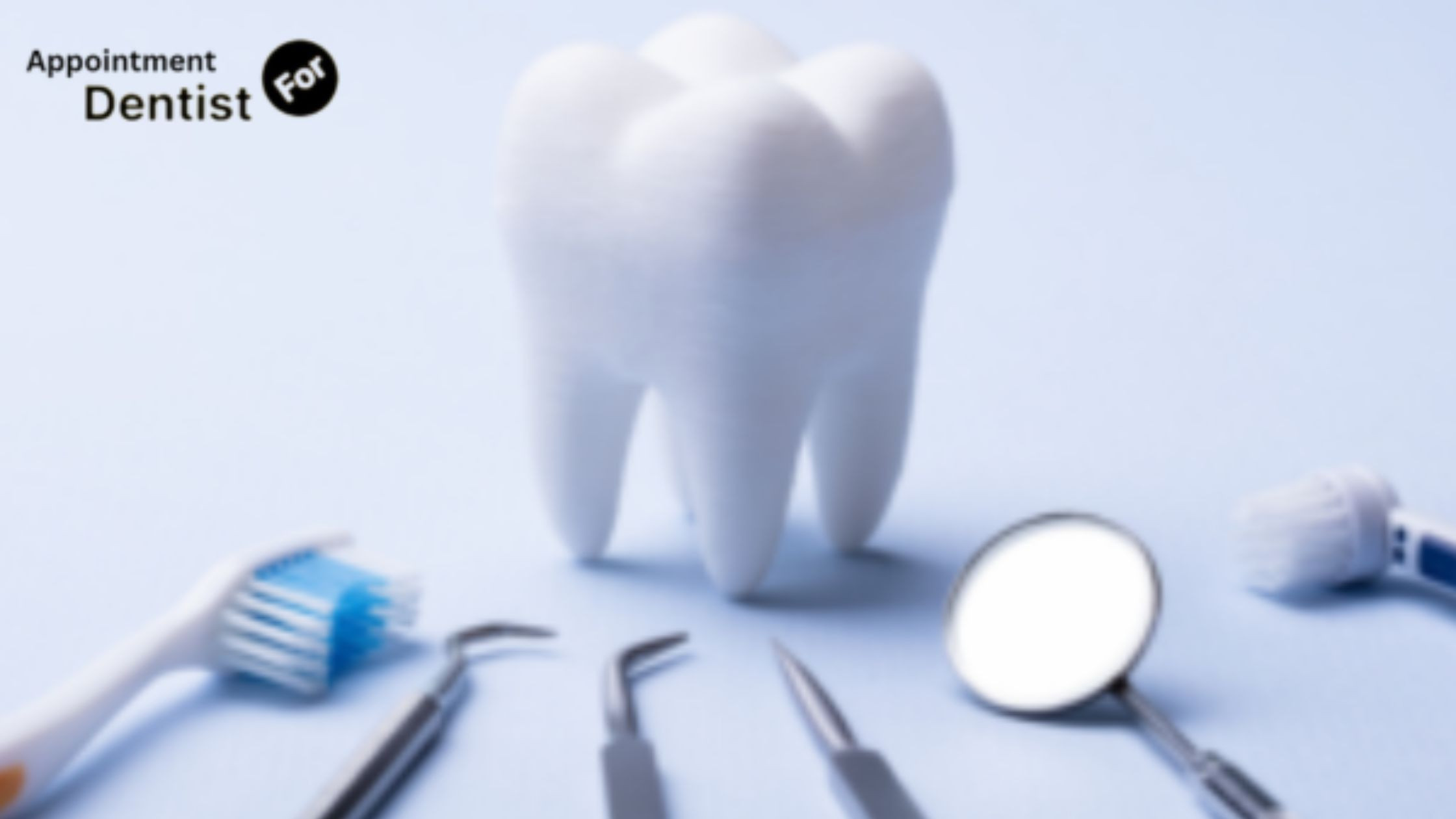First Aid Tips for Dental Trauma
Posted on July 09, 2024 by Admin

Dental trauma can happen unexpectedly, whether due to sports injuries, accidents, or other mishaps. Knowing how to provide immediate first aid can make a significant difference in preserving dental health and reducing potential long-term consequences. Here are essential first aid tips for various types of dental trauma
Knocked-Out Tooth (Avulsed Tooth)
When a tooth is completely knocked out (avulsed), quick action is crucial:
- Handle the tooth carefully: Only touch the crown (the chewing surface) of the tooth, avoiding the roots.Avoid scrubbing or touching the roots.
- Reinsertion (if possible): Try to place the tooth back into the socket immediately, if the person is conscious and able. Hold it in place by gently biting down on gauze or a clean cloth.
- Storage: If reinsertion isn't possible, store the tooth in milk or saline solution. Avoid storing it in water, as it can damage the tooth roots.

Fractured or Chipped Tooth
If a tooth is chipped or fractured, take the following steps:
- Save any pieces: If possible, collect any broken pieces of the tooth. Rinse them with water and store them in milk or saline solution.
- Manage pain: Use a cold compress on the outside of the mouth to reduce swelling and alleviate pain.
- See a dentist: Even if the injury seems minor, visit a dentist promptly. Small fractures can lead to more significant problems if not treated.
All you need to know about: How Alcohol Consumption Affects Your Oral Health
Dislodged Tooth (Luxated Tooth)
For a tooth that is pushed out of position but not completely knocked out:
- Gently reposition: Try to gently push the tooth back into its normal position with very light finger pressure. Do not force it.
- Bite down: Bite down gently on a cloth or gauze to keep the tooth in place.
- Seek dental care: See a dentist immediately to stabilize the tooth and prevent further damage.
Soft Tissue Injuries
Injuries to the lips, cheeks, gums, or tongue can also occur alongside dental trauma:
- Clean the area: Rinse the mouth gently with water to clean the injured area.
- Control bleeding: Apply pressure with clean gauze or a cloth to stop any bleeding.
- Cold compress: Use a cold compress on the outside of the mouth to reduce swelling and pain.
Prevention Tips
Preventing dental trauma is not always possible, but some precautions can reduce the risk:
- Use mouthguards: Wear a mouthguard during sports or recreational activities to protect teeth from injury.
- Avoid chewing hard objects: Do not chew on ice, hard candies, popcorn kernels, or other hard objects that could cause teeth to chip or fracture.
- Regular dental visits: Maintain regular dental check-ups to identify and address any potential dental issues before they become serious.
Must read: Everything You Need to Know About Full Mouth Reconstruction
Understanding how to provide immediate first aid for dental trauma can help preserve teeth and prevent complications. Remember, prompt action and seeking professional dental care are crucial for the best outcomes after any dental injury. By following these first aid tips and taking preventive measures, you can protect your dental health and maintain a healthy smile for years to come.
In summary, dental trauma requires quick thinking and immediate action. By knowing what steps to take in case of an emergency, you can significantly improve the chances of saving a tooth and preventing further damage. Always prioritize seeking professional dental care to ensure the best possible outcome.
Faqs
-
1. What should I do if my tooth gets knocked out?
Immediately rinse it gently with milk or saline, try to reinsert it into the socket if possible, and seek dental care immediately.
-
2. What if a tooth is chipped or fractured?
Save any pieces, rinse gently, use a cold compress for swelling, and see a dentist promptly.
-
3. My tooth is loose after an injury. What should I do?
Gently try to reposition it with light pressure, bite down on gauze, and see a dentist as soon as possible.
-
4. How do I manage bleeding from a lip or gum injury?
Rinse gently with water, apply pressure with clean gauze, and use a cold compress on the outside of the mouth.
-
5. Can dental trauma be prevented?
Yes, wearing mouthguards during sports, avoiding chewing hard objects, and regular dental check-ups can reduce the risk of dental injuries
Recent Post
- The Importance of Oral Health Education for Children
- How to Choose the Right Orthodontic Treatment for Adults
- The Link Between Oral Health and Stroke Risk
- How to Address and Prevent Gum Recession
- Innovations in Dental Anesthesia: Pain-Free Procedures
- The Role of Saliva in Oral Health: Functions and Disorders
- Exploring Holistic Dentistry: What You Need to Know
- How Oral Health Affects Your Immune System
- The Benefits of Using Dental Probiotics
- Oral Health and Pregnancy: Myths and Facts